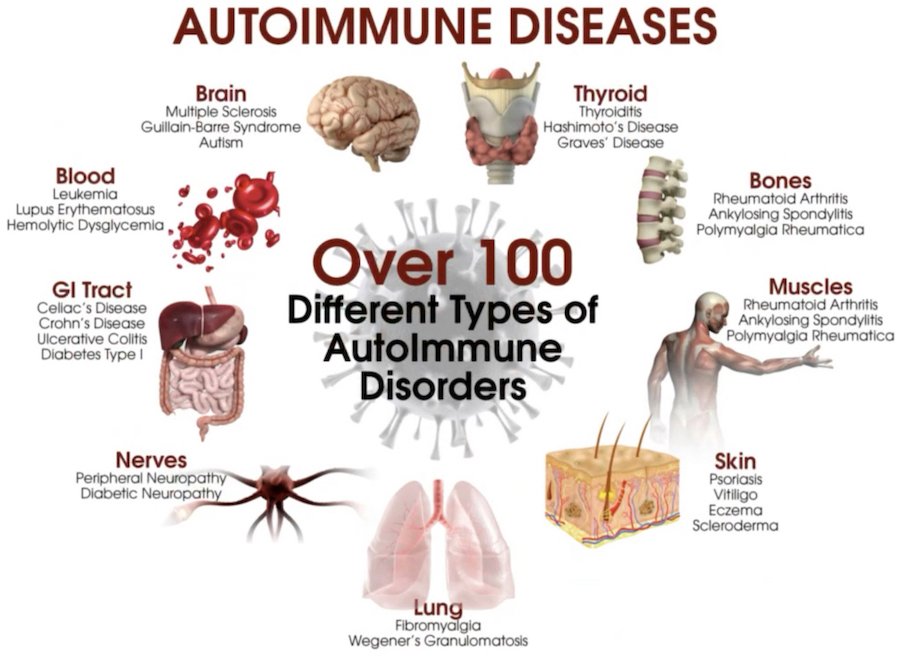Autoimmune issues seem to be on the rise. I’m seeing so much of this more than ever in the office. Autoimmune diseases encompass a broad spectrum of conditions, including rheumatoid arthritis, lupus, Crohn's disease, multiple sclerosis, and psoriasis, among others. Despite their diverse manifestations, these conditions share a common feature: an overactive immune response that mistakenly targets healthy tissues. This dysregulation often leads to chronic inflammation, tissue damage, and a range of debilitating symptoms. I’ve seen a gamut of these issues in my office. Some easier to treat with acupuncture and others needing herbs. Ideally, both in conjunction work best.
Autoimmune disease can affect various organs and systems, leading to chronic inflammation, pain, and discomfort. While conventional medicine offers treatments aimed at managing symptoms and suppressing immune responses, alternative approaches that address the root causes and promote overall well-being is being sought. In recent years, acupuncture and Chinese herbal medicine have gained attention for their potential in managing autoimmune issues by restoring balance within the body's natural systems.
The Role of Acupuncture
For individuals with autoimmune issues, acupuncture offers several potential benefits:
1. Pain Management:
Acupuncture is renowned for its analgesic effects, making it a valuable tool for managing chronic pain commonly associated with autoimmune conditions.
2. Immune Modulation:
Some research suggests that acupuncture may help regulate immune function by modulating inflammatory pathways and promoting a balanced immune response.
3. Stress Reduction:
Stress is known to exacerbate autoimmune symptoms. Acupuncture sessions can induce relaxation and reduce stress levels, which may positively influence the immune system, thereby decreasing the inflammatory response.
Exploring Chinese Herbal Medicine
In conjunction with acupuncture, Chinese herbal medicine plays a crucial role in addressing autoimmune issues holistically. Chinese herbs are selected based on their properties and their ability to restore balance within the body. These herbs are often prescribed in complex formulas tailored to each individual's unique constitution and symptom profile.
Key ways in which Chinese herbal medicine can benefit individuals with autoimmune issues include:
1. Anti-inflammatory Effects:
Many Chinese herbs possess potent anti-inflammatory properties, helping to reduce inflammation and alleviate symptoms such as pain and swelling.
2. Immune Regulation:
Certain herbs have immunomodulatory effects, helping to regulate the overactive immune response characteristic of autoimmune diseases.
3. Organ Support:
Chinese herbal formulas may target specific organs affected by autoimmune conditions, such as the joints in rheumatoid arthritis or the intestines in Crohn's disease, promoting healing and functionality.
Acupuncture and Chinese herbal medicine offer a holistic approach to managing autoimmune issues, addressing not only the symptoms but also the underlying imbalances within the body. Many of our patients have experienced significant relief and improved quality of life through the integration of acupuncture and Chinese herbal medicine into their healthcare routines. As with any medical intervention, it is essential to consult qualified practitioners and work in collaboration with healthcare providers to develop comprehensive treatment plans tailored to individual needs.
Please reach out to schedule your next acupuncture session with Laura or herbal consult with Dr. Alex.









